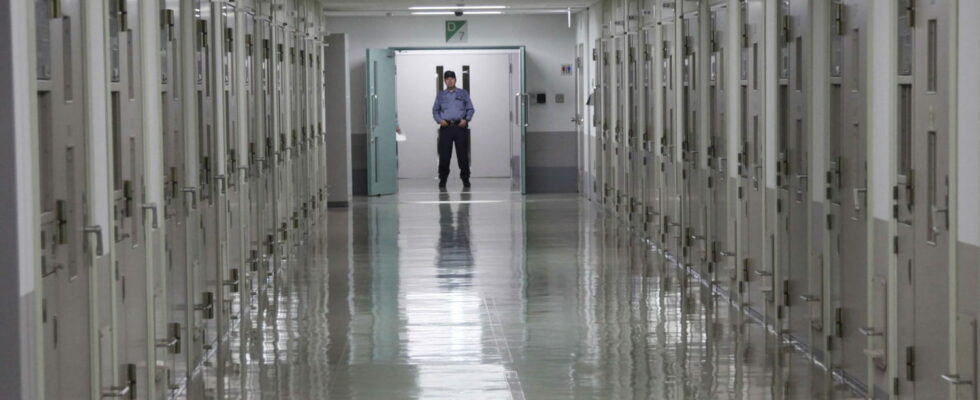Sentenced to death for a quadruple murder in 1968, Iwao Hakamada was exonerated this Thursday, September 26, 2024 after spending nearly half a century in prison awaiting his execution.
Sentenced to death in 1968 and exonerated on Thursday September 26, 2024: this is the story of Iwao Hakamada. The now 88-year-old man learned of the decision at his home, not far from the court in Shizuoka, Japan, which was ruling on this review trial. The verdict is a relief for Iwao Hakamada and his loved ones, but it takes nothing away from the years spent being considered guilty and the half century that the Japanese spent in prison.
This incredible affair began in 1966 when Iwao Hakama, a former boxer converted as an employee in a miso manufacturing company, was accused of having murdered his boss and three members of the latter’s family. Pursued by the courts, the man who was then 32 years old was sentenced to death in 1968. He then spent 46 years behind bars awaiting his execution until in 2014 the courts expressed doubts on his guilt after carrying out DNA tests. The latter indicated that the DNA found on the bloody clothes that were part of the evidence did not match that of Iwao Hakamada. The former boxer was released the same year for a new trial.
Doubts regarding the Japanese’s guilt were swept aside in 2018 by the High Court of Japan, which called into question the reliability of the 2014 DNA tests and annulled the new judgment placing the guilty label back on Iwao Hakamada’s forehead. A decision overturned by the Japanese Supreme Court in 2020, which allowed a review trial to be held on the quadruple murder case, the verdict of which fell this Thursday, September 26.
Confessions and a retraction
“The court determined that three pieces of evidence had been fabricated suggesting that the accused was the perpetrator of the crime. Excluding these items, the other evidence against him is not sufficient to establish that he is the author” of the assassinations concluded the judge. The same specified that “the investigators altered the clothes by putting blood on them”. This evidence could no longer be taken into account, only Iwao Hakamada’s confession could still be considered as proof of his guilt. During the investigation of the case, the Japanese actually admitted to being the author of the crimes before retracting, explaining that he had given in to the interrogation methods so that they would stop. The judge returned to this point this Thursday, referring to “inhumane” interrogation methods which would have aimed to inflict “physical and mental pain” and to “force [le suspect] to make statements”. Iwao Hakamada’s lawyers have always supported this thesis during the various trials.
Exonerated by the courts, Iwao Hakamada appeared before the media in the company of his relatives after the announcement of the verdict. But if there is reason to rejoice for the man and his family, the psychological aftereffects of the 46 years spent on death row continue to weigh on the Japanese. In the Land of the Rising Sun, those sentenced to death are incarcerated in a 5 m² cell, constantly lit and monitored, and deprived of any contact with the outside world.
If the court decision was welcomed by Iwao Hakamada’s supporters, the specter of an appeal trial still hangs over the former death row inmate. A possibility that the Japanese’s family and supporters fear and against which they intend to fight if necessary.
